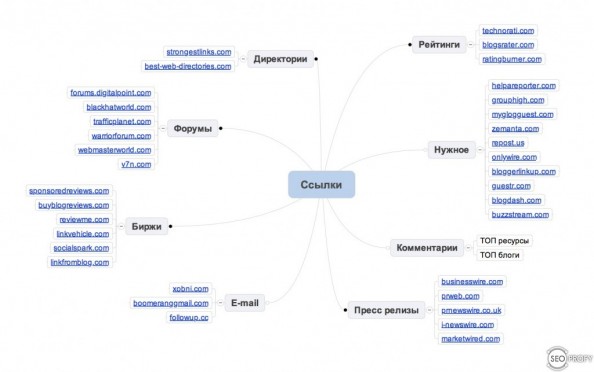In the vast and culturally rich continent of Asia, the digital landscape is as diverse as the languages, traditions, and technological ecosystems that characterize the region. This article embarks on a detailed exploration of Asia Search Engines, shedding light on the prominent players, their features, and the unique challenges and opportunities they face in this multifaceted digital realm.
1. Baidu – The Chinese Titan:
Baidu, often referred to as the “Google of China,” stands as a dominant force in the Asian search engine landscape. Launched in 2000, Baidu has evolved into a comprehensive platform offering search, online advertising, maps, and various other services. Its market share in China exceeds that of Google, making it a powerhouse in the region.
2. Naver – South Korea’s Digital Hub:
In South Korea, Naver takes center stage as the go-to search engine. What sets Naver apart is its focus on providing a holistic online experience. Naver encompasses a search engine, online encyclopedia, news portal, and social media platform, making it a centralized hub for South Korean internet users.
3. Yahoo Japan – A Fusion of East and West:
Yahoo Japan is a unique blend of the global Yahoo brand and local Japanese sensibilities. While Yahoo is a familiar name globally, Yahoo Japan tailors its services to the specific needs and preferences of the Japanese audience, offering a distinct search experience.
4. Yandex – The Russian Influence in Asia:
While primarily known for its presence in Russia, Yandex has expanded its reach into Asia. With a focus on linguistic nuances and cultural sensitivity, Yandex aims to cater to the diverse needs of users in countries such as Turkey and Kazakhstan.
5. Tencent’s Soso – A Rising Star in China:
Soso Search, operated by Tencent, is another notable player in the Chinese search engine scene. Tencent’s influence extends beyond search, incorporating social media and other online services, contributing to its prominence in the Asian digital landscape.
6. Rakuten – Japan’s E-Commerce and Search Hub:
Rakuten, a major player in Japan’s e-commerce sector, also operates a search engine. With a comprehensive ecosystem that includes online shopping, banking, and digital content, Rakuten’s search engine complements its broader suite of services.
7. Challenges and Opportunities:
Asia’s diverse linguistic, cultural, and regulatory landscape poses both challenges and opportunities for search engines. Adapting to the unique preferences of each market, overcoming language barriers, and navigating regulatory complexities are ongoing challenges. However, these challenges also present opportunities for innovation and the development of more localized, culturally attuned search experiences.
8. The Rise of Multilingual Search:
Given the linguistic diversity across Asia, there is a growing trend towards the development of multilingual search engines. These platforms aim to bridge language gaps, allowing users to conduct searches in various languages spoken across the continent.
Conclusion:
The Asian search engine landscape reflects the vast and intricate tapestry of the continent, with each platform catering to the specific needs and preferences of its local audience. As technology continues to advance and user behaviors evolve, the dynamic nature of Asia’s digital ecosystem ensures that search engines will play a crucial role in shaping the continent’s digital future. Stay tuned for the continued evolution of Asia Search Engines as they navigate the complexities of this diverse and dynamic digital terrain.



